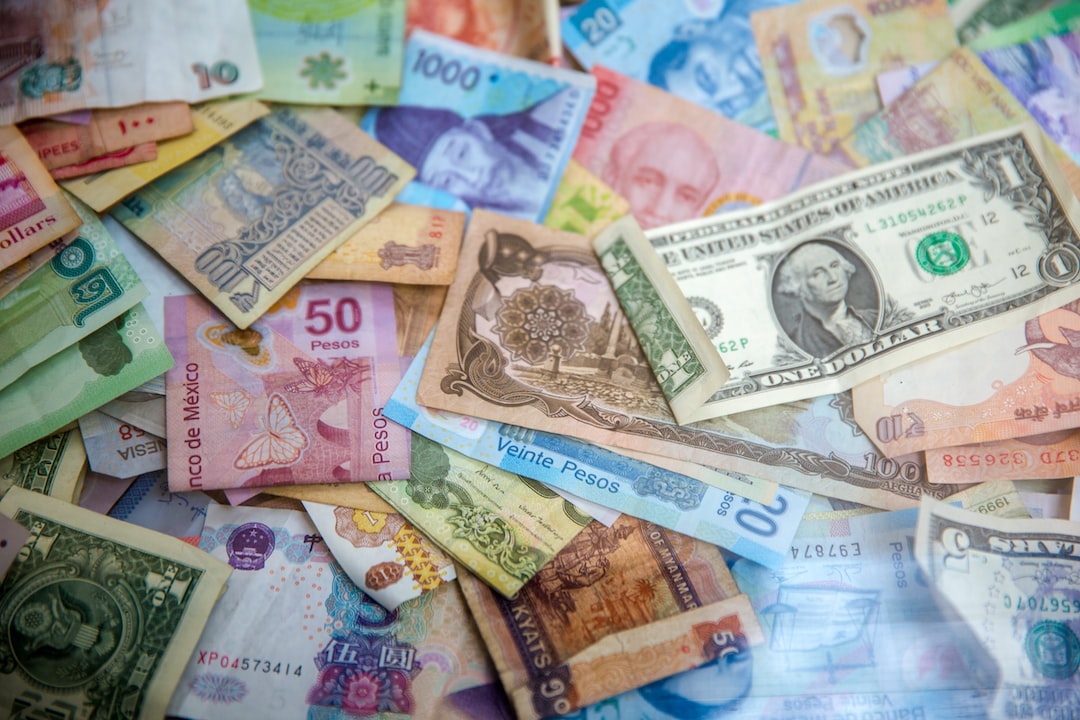The Impact of Economic Factors on Forex Trading in Australia
Forex trading, also known as foreign exchange trading, is the buying and selling of currencies in the global marketplace. It is a highly volatile and fast-paced market, with trillions of dollars exchanged every day. Like any other financial market, forex trading is influenced by a wide range of factors, both economic and non-economic. In this article, we will focus on the impact of economic factors on forex trading in Australia.
Australia is one of the largest and most developed economies in the world. As such, it plays a significant role in the global forex market. The Australian dollar, commonly referred to as the Aussie, is one of the major currencies traded in the forex market. Its value is influenced by a variety of economic factors, including interest rates, inflation, employment data, and economic growth.
One of the key economic factors that impact forex trading in Australia is interest rates. The Reserve Bank of Australia (RBA) is responsible for setting the country’s interest rates. When the RBA raises interest rates, it makes the Aussie more attractive to foreign investors, as they can earn higher returns on their investments. This increased demand for the currency leads to an appreciation in its value. On the other hand, when interest rates are lowered, the Aussie becomes less attractive, resulting in a depreciation in its value.
Inflation is another economic factor that has a significant impact on forex trading in Australia. Inflation refers to the rate at which the general level of prices for goods and services is rising, eroding the purchasing power of a currency. When inflation is high, it erodes the value of the currency, making it less attractive to foreign investors. As a result, the value of the Aussie tends to depreciate. Conversely, when inflation is low, the value of the currency tends to appreciate.
Employment data is also closely watched by forex traders in Australia. The employment rate and unemployment rate are important indicators of the health of the economy. When the employment rate is high and the unemployment rate is low, it indicates a strong and growing economy. This positive economic outlook tends to attract foreign investors, leading to an increase in demand for the Aussie and an appreciation in its value. Conversely, if the employment rate is low and the unemployment rate is high, it suggests a weak economy, resulting in a decrease in demand for the Aussie and a depreciation in its value.
Economic growth is another crucial factor that impacts forex trading in Australia. Gross Domestic Product (GDP) is a widely used measure of economic growth. When the economy is growing at a healthy rate, it attracts foreign investors who seek to capitalize on the country’s economic prospects. This increased demand for the Aussie leads to an appreciation in its value. On the other hand, if the economy is contracting or growing at a slower rate, it signals a weak economic outlook, resulting in a depreciation in the value of the Aussie.
In conclusion, economic factors play a significant role in forex trading in Australia. Interest rates, inflation, employment data, and economic growth all have a direct impact on the value of the Australian dollar and, consequently, on forex trading in the country. Forex traders need to closely monitor these economic factors and analyze their potential impact on the currency market to make informed trading decisions.






